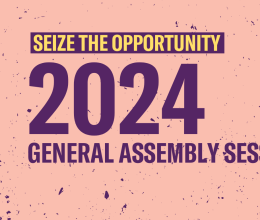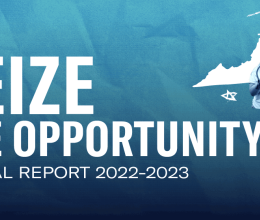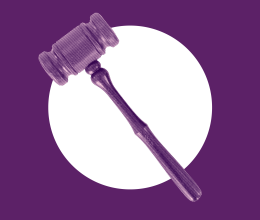
Government allowed to seal complaints of fraud and to gag complainants.
Richmond, VA-- In a 2-1 decision, the Fourth Circuit Court of Appeals today rejected arguments by the ACLU that the overreaching secrecy provisions of a federal whistleblower law violate the Constitution’s mandate for a transparent judicial system and free speech.
Lawyers for the ACLU contended that the parts of the False Claims Act, or FCA, that automatically seal complaints once they have been filed and then prohibit the persons filing the complaints from speaking about them have allowed the government to cover up for months and sometimes years serious allegations of abuse affecting public health and safety.
The ACLU and the ACLU of Virginia filed suit in U.S. District Court in Alexandria in January 2009 challenging the FCA’s secrecy provisions on behalf of themselves, the Government Accountability Project (GAP) and OMB Watch. The government filed a motion to dismiss the case, which was heard in June 2009. In August 2009, the district court granted the government’s motion, but the ACLU appealed to the Fourth Circuit Court of Appeals in November 2009. Oral arguments before the Fourth Circuit took place in September 2010.
In yesterday’s decision, dissenting judge Roger Gregory sided with the ACLU, saying that the secrecy provisions of the FCA law are unconstitutional. Gregory said that sealing should not be a blanket provision of the statute, but that judges should determine whether to seal complaints based on the facts in each particular case.
“In today’s era of growing debts and deficits, the FCA’s lack of transparency has especially stark fiscal implications,” wrote Gregory. “Instead of striving to categorically conceal this area of civil dockets, I would more rigorously apply the First Amendment and selectively seal records.”
The 150 year-old FCA allows citizens to collect damages for reporting contract fraud against the U.S. government. In 1986 it was amended to require that complaints remain under seal for at least 60 days while the government conducts an initial investigation. The government is allowed to extend the seal when it can demonstrate that it needs more time for the investigation.
The ACLU claimed that the government has routinely extended seals to keep allegations of Iraq war profiteering and other fraud hidden from the public for years in some instances.
The case is ACLU v. Mukasey. ACLU attorneys on the case are Chris Hansen, Ben Wizner and Jameel Jaffer of the ACLU, and Rebecca Glenberg of the ACLU of Virginia.
Contact: Kent Willis, Executive Director, ACLU of Virginia, 804-644-8022



